China is beginning to see Russia as a bad bet
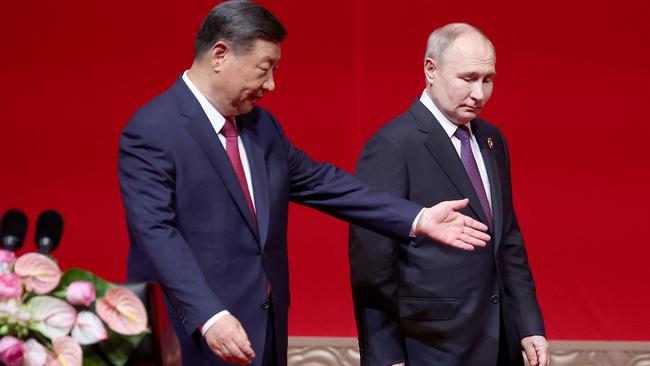
Intrepid travellers to the Russian far east tell of the Stygian gloom of the scruffy border city of Blagoveshchensk on the fringe of Putin’s empire and, on the other side, the modern skyscrapers, bright lights and blaring music from an expanding Chinese conurbation.
It’s an image that speaks to the frontier spirit of Chinese entrepreneurs and the general defeatism of the Russians, who are reluctant even to build bridges lest Chinese tanks one day rumble over and annex their underpopulated land.
It was therefore a big moment when, on the eve of President Putin’s 2022 invasion of Ukraine, he and President Xi declared “limitless friendship”.
It was a pledge by two leaders who don’t recognise time limits on their own rule and an implicit promise to change the world’s power axis together.
But Russia has become a needy, over-demanding friend to China, tugging it into a messy European war and narrowing Xi’s options as he prepares for the challenges that will be thrown up by a new US presidency.

Russia is uncomfortable with the status of junior ally. China, meanwhile, is growing impatient with a sidekick that had once promised to romp to victory over Ukraine. Two years ago it might have seemed like a good idea to be in harness with Europe’s single biggest military power. It was what Mao called “touching the tiger’s buttocks": a rare chance to do something daring and unsettle the enemy.
Now it is beginning to seem like a bad bet, an atypically reckless lurch.
Certainly, Beijing has started to present its bills to the Kremlin. Putin urgently needs China to push ahead with the joint Power of Siberia 2 pipeline, linking the west Russian gas fields (which once kept Europe warm) to the Chinese market. For the survival of Gazprom, the revenues from this pipeline could be existential: when completed it would channel 50 billion cubic metres of gas a year to China. For China, though, the pipeline is no more than a useful strategic back-up in case maritime supply routes are gummed up in a future war over Taiwan. The upshot is that China is only ready to buy gas from the pipeline at heavily discounted prices. It’s not doing Putin any favours. The project is in limbo.
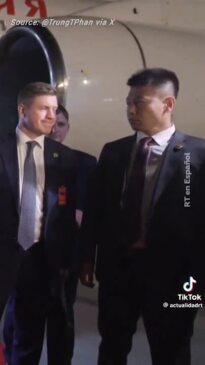
The US has stepped up pressure on China to stop helping the Russian army in Ukraine by “delivering kit through the servants’ entrance”, as one European official put it to me. The threat of secondary sanctions is blocking China from supplying handheld drone jammers and other drone components.
“Chinese firms can either do business in our economies or they can equip Russia’s war machine with dual-use goods,” the US Treasury official Wally Adeyemo said. As it turns out, not many of China’s manufacturers, who also export to the West, are ready to risk US retribution.
The US strategy could be termed “wedge-ism” – that is, to publicise and expand the frictions between Russia and China which only superficially seem to be warmer than at any time since the 1950s. China can and does help Russia on the battlefield, with components and critical tech. It may also be facilitating the supply of North Korean munitions to Russia.
And it is interested, perhaps in part exchange, in some recent Russian military technology in stealth submarines, in S-500 surface-to-air missile systems and fighter jet engine innovation.

All this creates a climate whereby the security establishments of Russia and China grow closer together. This trickles through the elites. There have been reports, for example, of a growing number of privileged Russian children learning Mandarin and enrolling in Chinese universities.
These common interests suggest that the entente cordiale between Beijing and Moscow elites won’t be easily dislodged. But trouble has been brewing since last year when the Wagner Group chief Yevgeny Prigozhin mounted an unsuccessful mutiny against Putin and his generals. The “mysterious” explosion of Prigozhin’s plane and a purge of senior officers may have partially reassured China but it was clear to everyone in Beijing that Putin had lost face and the Russian army, once the military benchmark for the communist bloc, was a shadow of its former self.
It is this loss of authority that is poisoning the alliance. North Korea, promoted into a role as a major Russian arms supplier, may feel emboldened, for example, to conduct its first nuclear test since 2017. That would rattle China; if there is to be a new Trump presidency, an assertive North Korea could become a global disruptor.

So far Xi has been able to prop up Putin’s war efforts with sanctions-busting ploys. But he can’t provide, it seems, the extra push needed for Putin to be decisively successful on the battlefield. The crucial moment for the limitless relationship may thus come as early as next month’s NATO summit in Washington.
Xi has been able to play European leaders such as the German chancellor, Olaf Scholz, by hinting that Russia is essentially marginal to his strategic ambition. In his telling, China’s role as an economic stabiliser and global growth engine is what should continue to define Europe’s relationship to the Middle Kingdom.
That over-comfortable position won’t last. There is a real head of steam gathering, ahead of the NATO 75th anniversary meeting, to allow western advanced systems to be used to expand targeting of Russian firing positions outside Ukraine. This forces zugzwang on Xi: to embed himself deeper in his military support of Putin or to position himself as a peace broker and distance himself from the Russian leader.
Roger Boyes is Diplomatic Editor of The Times
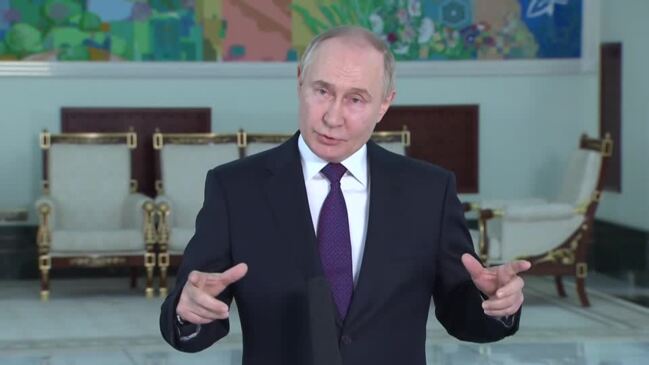
The Times




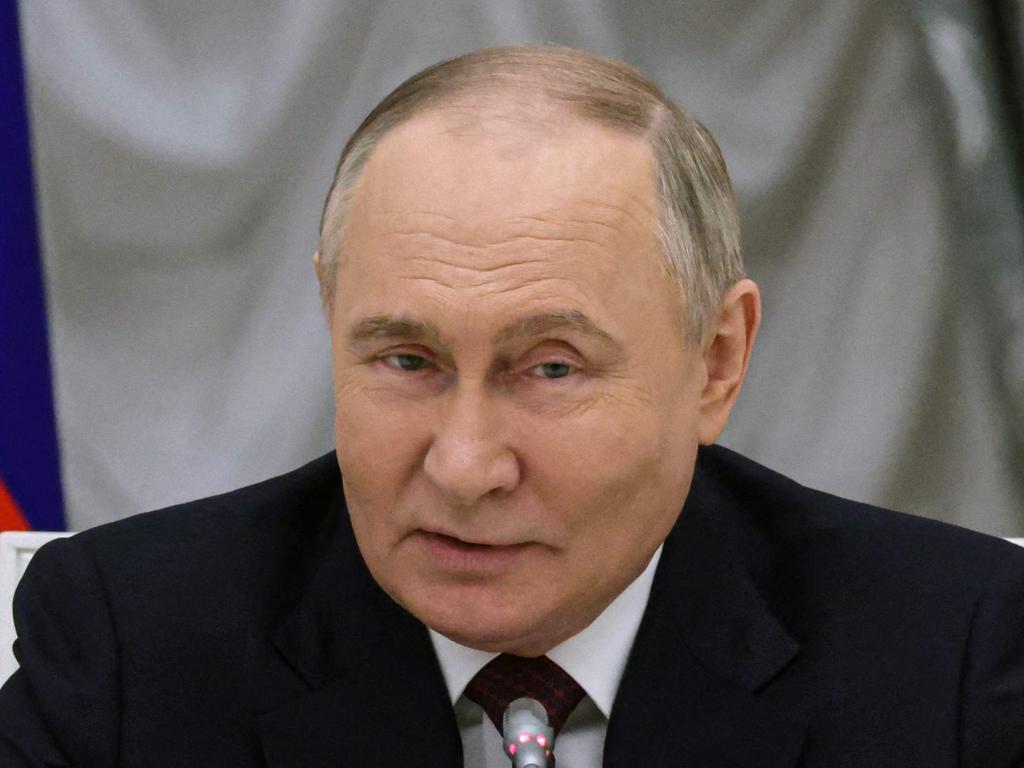
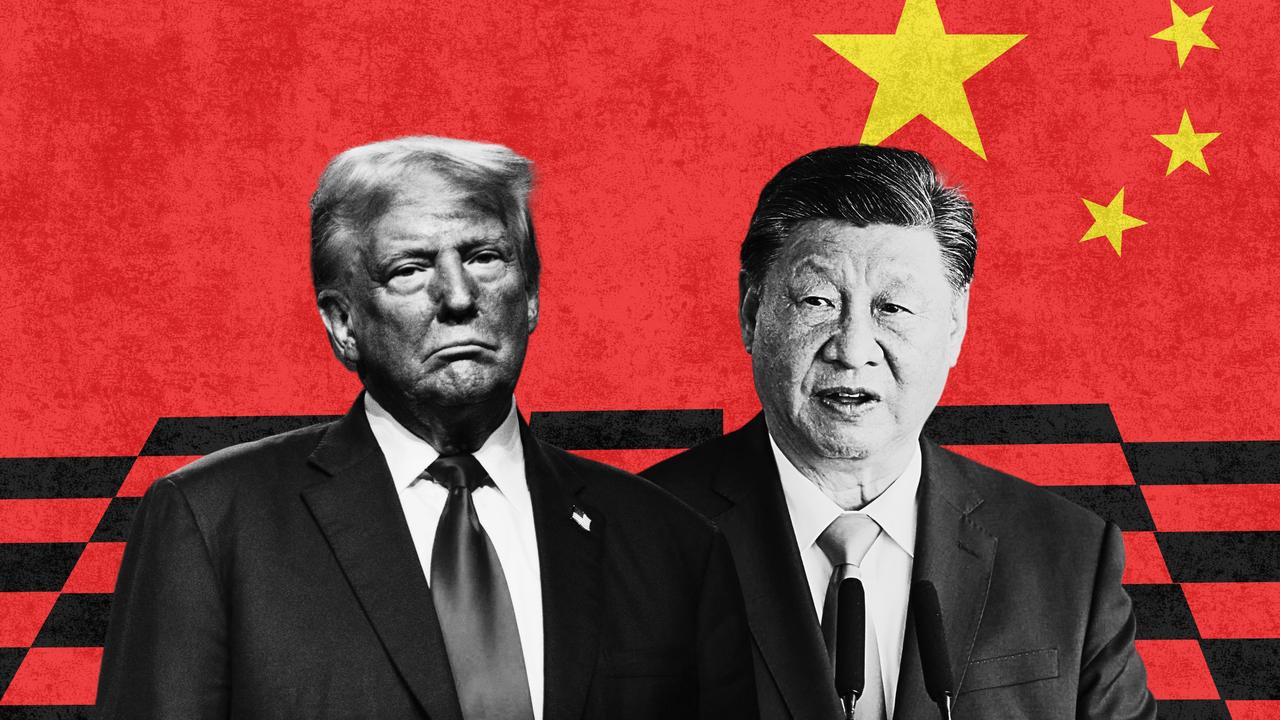
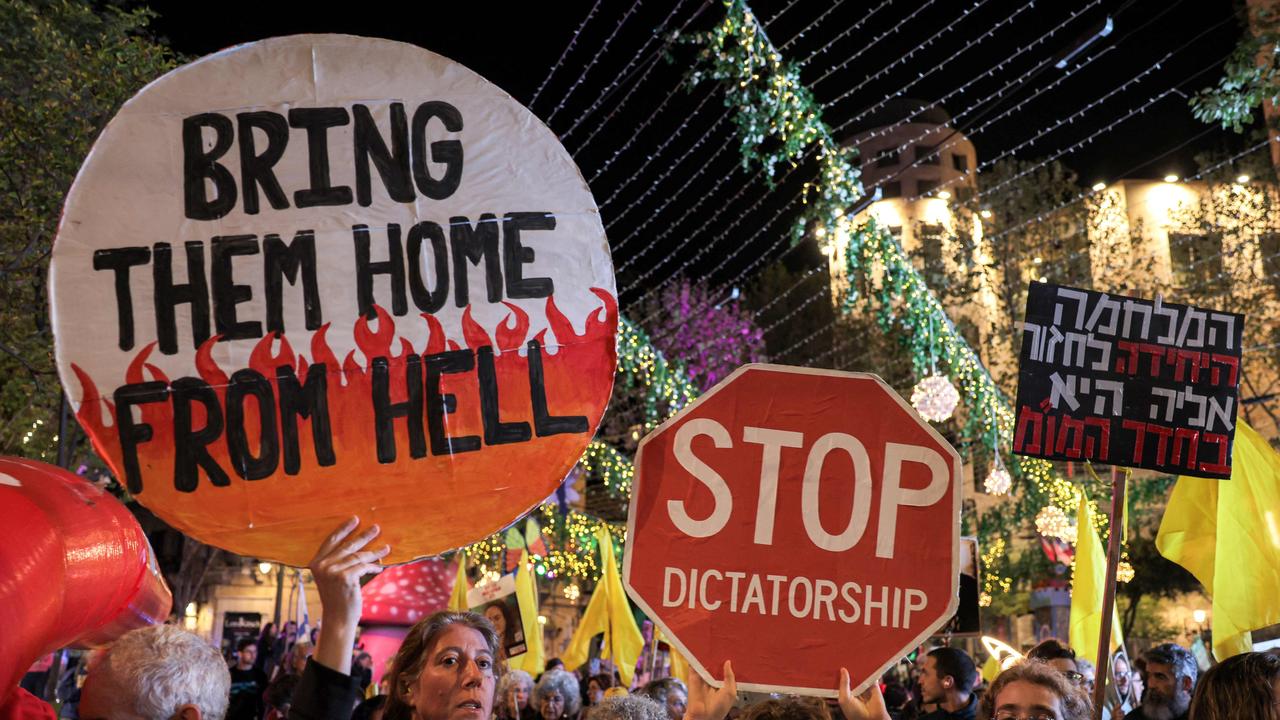
China and Russia, Xi Jinping and Vladimir Putin, are not an alliance of equals.